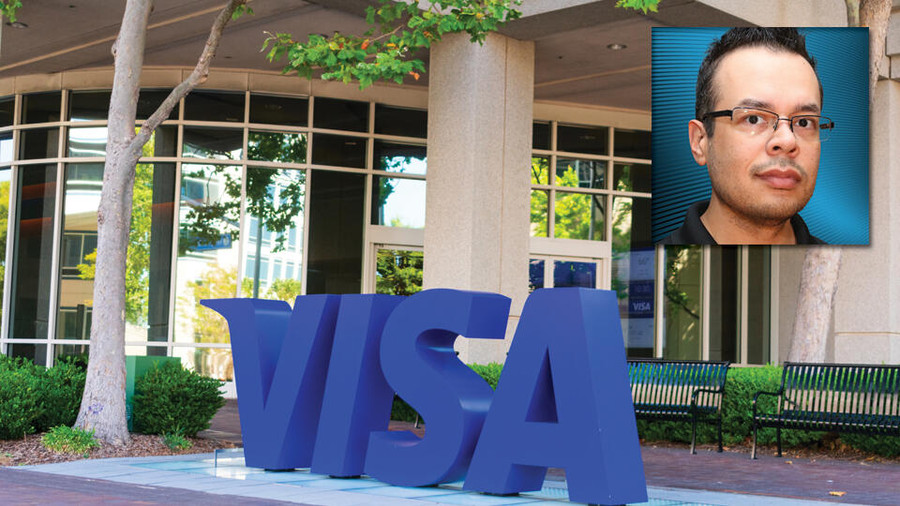Visa Resolve Online (VROL) protects merchants against unnecessary chargebacks by providing pre-dispute safeguards and workflow-based coverage of all disputes to help manage and resolve them far more efficiently.
The process performed across a dedicated network, built to transmit and retrieve transaction data, information and documentation in the event of a dispute, which has already been fully integrated with Verifi’s own internal predispute solutions in VROL, utilizes liability/funds management through VROL Financials and is required for submission of Visa disputes.
In short, a long history of proper processing, fairness and dispute resolution can be exceptionally important to preventing present or future friendly fraud from negatively impacting your own bottom line.
VROL is Mandated by VISA
Under Visa dispute rules, all issuers and acquirers that are members of Visa must use VROL to perform the following actions:
- Respond to a retrieval request
- Transmit chargeback, representment, arbitration or compliance documentation
- Make any pre-arbitration or pre-compliance attempts
- File, withdraw or appeal arbitration or compliance cases
VROL is an important part of the global Visa infrastructure and is used wherever Visa cards are issued, from North and South America to the EU Digital Single Market and beyond. The purpose of VROL is to provide a single platform where all information regarding disputes can be passed and processed securely to improve the speed and efficiency of dispute resolution for merchants and consumers alike.
VROL Allocation and Collaboration
Since 2018, all Visa card transaction disputes are being sorted into two primary dispute paths known globally as allocation and collaboration:
Allocation
For disputes filed through this process, VROL examines the conditions of the case and returns an initial liability assignment in real time. This process is used to expedite prima facie claims where no additional information is needed.
Collaboration
The collaboration process occurs any time Visa requests that a merchant provide additional information through VROL to resolve a dispute completely while preventing an impending chargeback. The additional information is supplied via two forms — the Enhanced Dispute Questionnaire and supplemental Compelling Evidence.
In most cases, Compelling Evidence amounts to information that directly contradicts the cardholder’s claim and often includes a sales receipt or other objective evidence that establishes no-fault for the merchant. All information presented is uploaded to VROL so that the card issuer may analyze the case to determine a proper verdict.
VROL Preventing Friendly Fraud
The Visa Claims Resolution (VROL) initiative introduced “indices” as a fraud-prevention overlay for the entire Visa card ecosystem. This index of factors is applied to all merchants, banks and individual cardholders as a method of detecting abuse of the Visa platform. Visa scans these histories and findings, which can set off red flags and impact the final adjudication process. In short, a long history of proper processing, fairness and dispute resolution can be exceptionally important to preventing present or future friendly fraud from negatively impacting your own bottom line.
Why Chargeback Mitigation Matters So Much
If you are a new business owner or are thinking about becoming an online entrepreneur, chargebacks may not be something you have given much thought. However, as any experienced merchant can tell you, chargeback mitigation is an essential part of your business for two very important reasons.
Chargeback Thresholds
The primary reason mitigation matters so much is that Visa enforces a chargeback threshold that can result in a merchant losing their billing through Visa if their processing results in too many chargebacks by customers.
Prior to October 1 of 2019, Visa allowed up to $250,000 in charged-back transactions or up to 2 percent of all transactions by a merchant. Keep in mind; these numbers do not differentiate between actually fraudulent transaction and consumers charging back items that were provided in good faith. After October 1, Visa tightened the thresholds even further and set the percentage at only 1.8 percent. That means mitigating any chargeback you can overcome will help keep your merchant account in good standing and allow you to continue processing payments through Visa, while failing to fight back against fraudsters who chargeback purchases can end your business entirely.
1.7999% of Your Revenue Is Worth Fighting For
Even if your business is comfortably under the 1.8 percent threshold, the amount of money lost to chargebacks is worth fighting to recoup. If you run a business doing one million dollars in revenue per year with a 1.8 percent chargeback ratio, you are losing $18,000 per year to chargebacks. In many cases, businesses are able to recover significant money from the sales they have already made by having a competent payment processor mitigate chargebacks on the VROL platform.
Therefore, reducing your chargebacks is an important part of maintaining the health of your merchant account, and can be a significant way to improve your bottom line by recovering money your company has already earned, which is often much easier and more efficient than taking the necessary steps to generate entirely new revenue.
There is no perfect solution to all dispute resolution, but the VROL platform and an experienced chargeback mitigation team can provide significant assistance for any brand doing ethical business online.
Jonathan Corona has 15 years of experience in the electronic payments industry. As MobiusPay’s EVP, Corona is primarily responsible for day-to-day operations as well as reviewing and advising merchants on a multitude of compliance standards set forth by the card associations. MobiusPay specializes in merchant accounts in the U.S., EU and Asia. Follow them @MobiusPay on Twitter, Facebook and IG.






